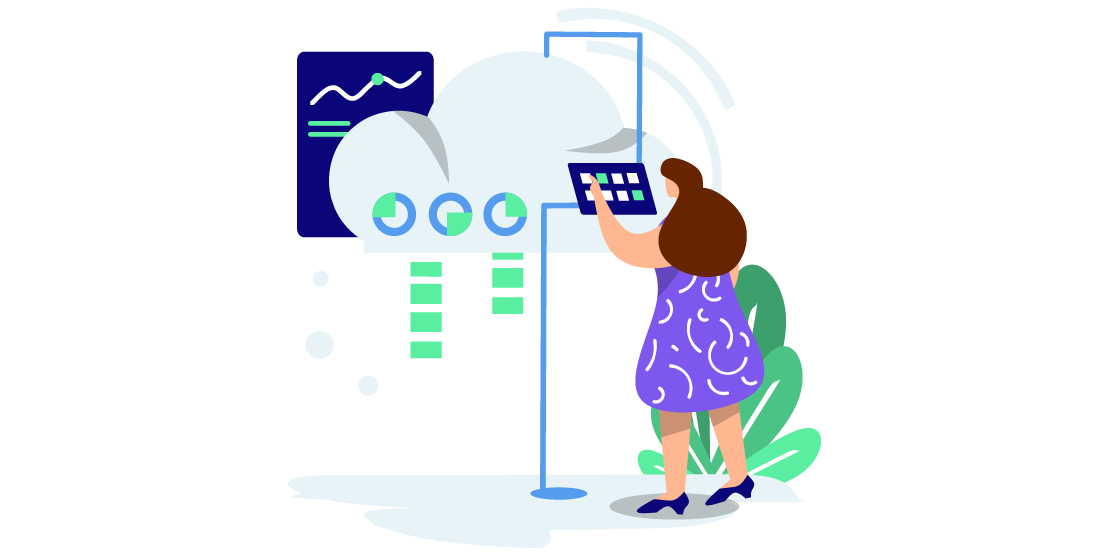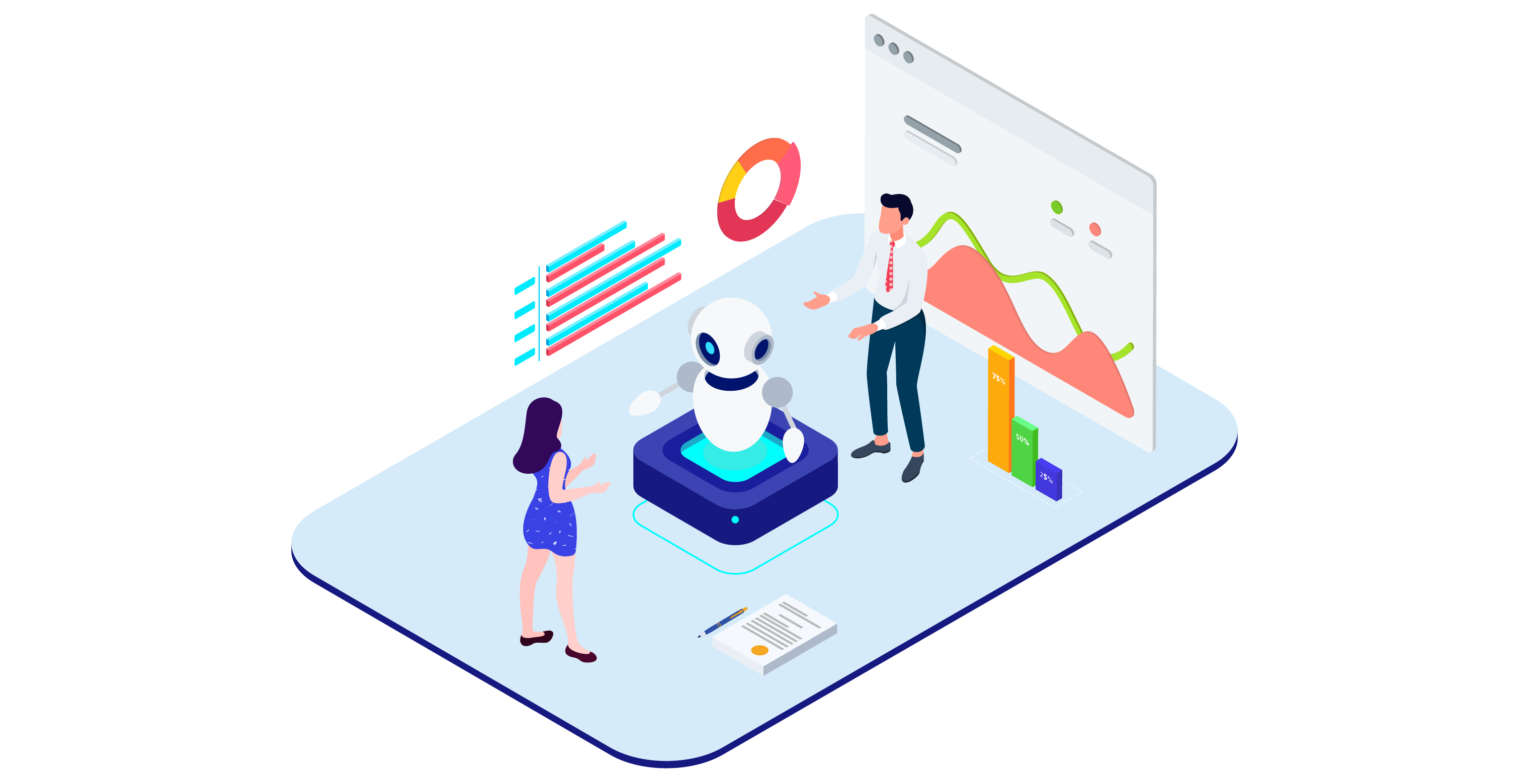AI-driven technologies have the potential to greatly improve the efficiency and accuracy of sales and marketing strategies. By utilizing AI, sales and marketing professionals can gain valuable insights into consumer behavior, market trends, and purchasing patterns, which can inform decision-making processes and help drive more effective campaigns. AI can also be leveraged to automate repetitive tasks, freeing up valuable time for sales and marketing professionals to focus on high-impact activities. Additionally, AI can help sales teams prioritize leads, predict customer churn, and personalize marketing efforts to better engage customers.
In terms of revenue operations and sales forecasting, AI can provide real-time data and advanced analytics to give a more accurate picture of a company’s financial performance. This can help sales and marketing professionals make data-driven decisions on resource allocation, pricing strategies, and product development. By using AI to continuously monitor and analyze revenue data, businesses can quickly identify areas for improvement and make adjustments to optimize their revenue.
AI-based systems are able to provide powerful insights into a company’s revenue performance that can help decision-makers make more informed decisions and optimize their revenues. This article will discuss how companies can leverage AI-driven technologies to improve their revenue forecasting capabilities and increase profitability.
- What is Revenue Management and Forecasting?
- What is Revenue Operations?
- Benefits of Leveraging AI for Revenue Management & Forecasting
- How Companies Can Implement AI for Revenue Management & Forecasting

What is Revenue Management and Forecasting?
Revenue management is the process of maximizing a company’s revenue through the optimization of pricing, product availability, and customer demand. The goal of revenue management is to strike a balance between maximizing revenue and filling capacity, while also considering factors such as customer preferences and market conditions.
Revenue forecasting, on the other hand, is the process of predicting future revenue based on past performance and current market trends. By accurately forecasting revenue, companies can better prepare for potential challenges and capitalize on opportunities for growth.
Revenue management and forecasting are interrelated, as accurate forecasting informs revenue management decisions and effective revenue management helps to improve the accuracy of future forecasts. Both practices are important for the overall financial performance of a company.
What is Revenue Operations?
Revenue operations is a set of practices that focus on optimizing the revenue-generating activities within an organization. It involves analyzing, managing, and forecasting all aspects of revenue streams to ensure maximum efficiency and profitability. Revenue operations encompasses many aspects of a business’s financial performance, including customer acquisition, sales growth strategies, pricing models, and optimization techniques.
By combining data analysis with strategic planning, businesses can develop effective strategies for generating more revenue while also increasing their bottom line. As such, it plays an integral role in any company’s overall success by helping them identify areas of opportunity for improvement and create plans to maximize profits from existing resources. Furthermore, its application extends beyond just the finance department as it helps other departments understand how different changes may affect their ability to generate income or reduce expenses.
Benefits of Leveraging AI for Revenue Management & Forecasting
There are numerous benefits of utilizing AI-driven technology for revenue management and forecasting:
- Increased accuracy in predictions: AI systems use predictive analytics algorithms that allow them to analyze large data sets quickly and accurately, eliminating human error from the equation. This enables companies to create reliable forecasts that are based on accurate predictions rather than guesswork.
- Improved efficiency in operations: By automating certain tasks associated with revenue management & forecasting, companies can reduce overhead costs significantly while increasing operational efficiency at the same time. AI-powered systems can also help identify cost savings opportunities that would otherwise have been missed by manual processes.
- Insight into customer behavior: Advanced analytics tools built into modern AI solutions enable companies to gain valuable insights into customer behaviors which can be used to personalize products or services accordingly, resulting in higher customer satisfaction rates and increased chances for conversion.

How Companies Can Implement AI for Revenue Management & Forecasting
Companies should first consider their existing needs and capabilities when implementing AI-driven solutions for revenue management & forecasting. This will help determine the best possible technology to use and ensure that all of the desired requirements are met.
Once the right solution is identified, companies should focus on developing a data strategy that outlines how they plan to collect, store, and analyze their data. This will involve determining which sources to use and deciding on the most appropriate method of analysis.
Next, companies should consider implementing AI-powered automation tools to streamline processes such as forecasting and budgeting. Automation improves accuracy, reduces manual effort, and allows for quicker decision-making. Additionally, companies should be sure to invest in training and support to ensure that their staff members are familiar with the technology and can use it effectively.
Finally, companies should make sure to monitor the results of their AI-driven solutions on an ongoing basis. This will enable them to pinpoint areas of improvement and adjust their strategies accordingly. With a well-developed plan, businesses can leverage AI for revenue management and forecasting to optimize their revenues and maximize their profits.



